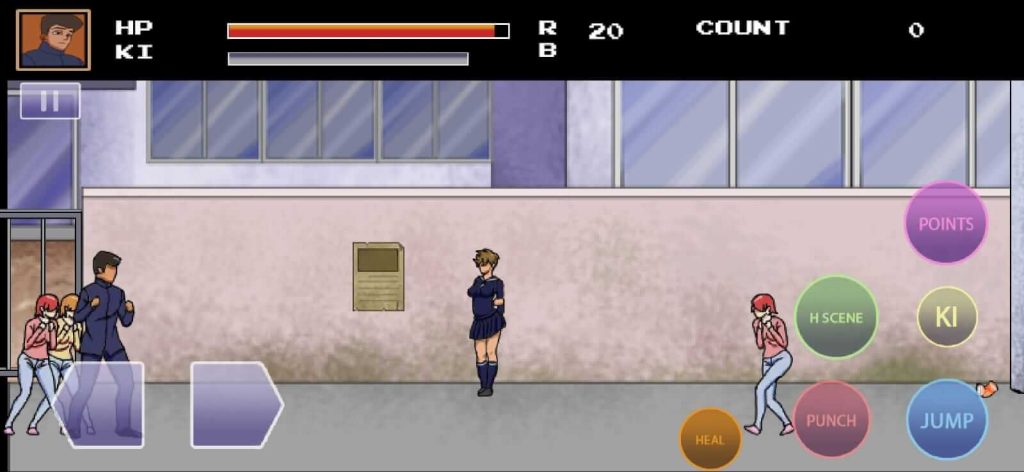An explicit adult video game called “College Brawl” has recently been gaining attention and controversy for being live streamed on TikTok. College Brawl is a side-scrolling action game featuring adult themes and imagery. Gameplay involves the male protagonist “Ken” battling and then engaging in sexual activities with female characters to replenish health.
While College Brawl is intended for mature audiences, TikTok users have been broadcasting uncensored gameplay during public live streams. These broadcasts have garnered thousands of viewers, alarming parents and advocates about inappropriate exposure among underage users. Critics argue TikTok should regulate this type of content to protect minors, but initial reports were dismissed by the platform.

Contents
Community Backlash Over Lack of Moderation
After an influx of College Brawl streams appeared, users flagged the live videos to draw attention around potential policy violations. However, some claim their reports were rejected by TikTok with responses stating no community standards were broken. One viral video showed a rejected complaint message from TikTok marking the sexualized gameplay as permissible.
This apparent oversight has frustrated users urging for better live stream protections, especially regarding games like College Brawl clearly meant only for adults. Parents feel misguided promises have been broken over keeping TikTok “safe and welcoming” for young users. Meanwhile, live streams of the inappropriate game continue freely circulating.
Calls for Stricter Regulations and Government Involvement
In light of ignored complaints, the public is looking for firmer stances from authorities regarding mature content on TikTok. Advocates argue clearer restrictions must be imposed by the platform itself to halt sexually-charged game streaming. Others want governmental bodies to intervene and mandate policy changes.
Some say TikTok must improve its reporting and age verification systems to correctly flag adult-only streams as violations. Automatic screening tools have so far proved inadequate in detecting and blocking banned material during live broadcasts. Critics contend machine learning must be refined to actively track and shut down inappropriate gaming content instead of relying solely on user reporting.
Additionally, leaders are urging Indonesia’s Ministry of Communications to exercise its power in censoring apps that fail to protect youth wellbeing. Threats of access blocking could pressure TikTok into correcting negligence and oversights. The prevalent circulation of College Brawl streams indicates existing content standards remain too ambiguous and reactive.
Conclusion: Potential Turning Point for Safety Practices
The public response to TikTok’s handling around sexually explicit College Brawl streams signifies a breaking point for many users. While the platform has updated guidelines banning adult content, users feel betrayed by apparent double standards allowing explicit material to spread openly. However, the vocal backlash may force TikTok to reassess its systems, especially if government intervention becomes imminent. Perhaps the gaming controversy will ultimately produce improved safety practices benefitting TikTok’s younger demographic. But such progress relies on admitting faults and preventing inappropriate content from ever going viral again.



